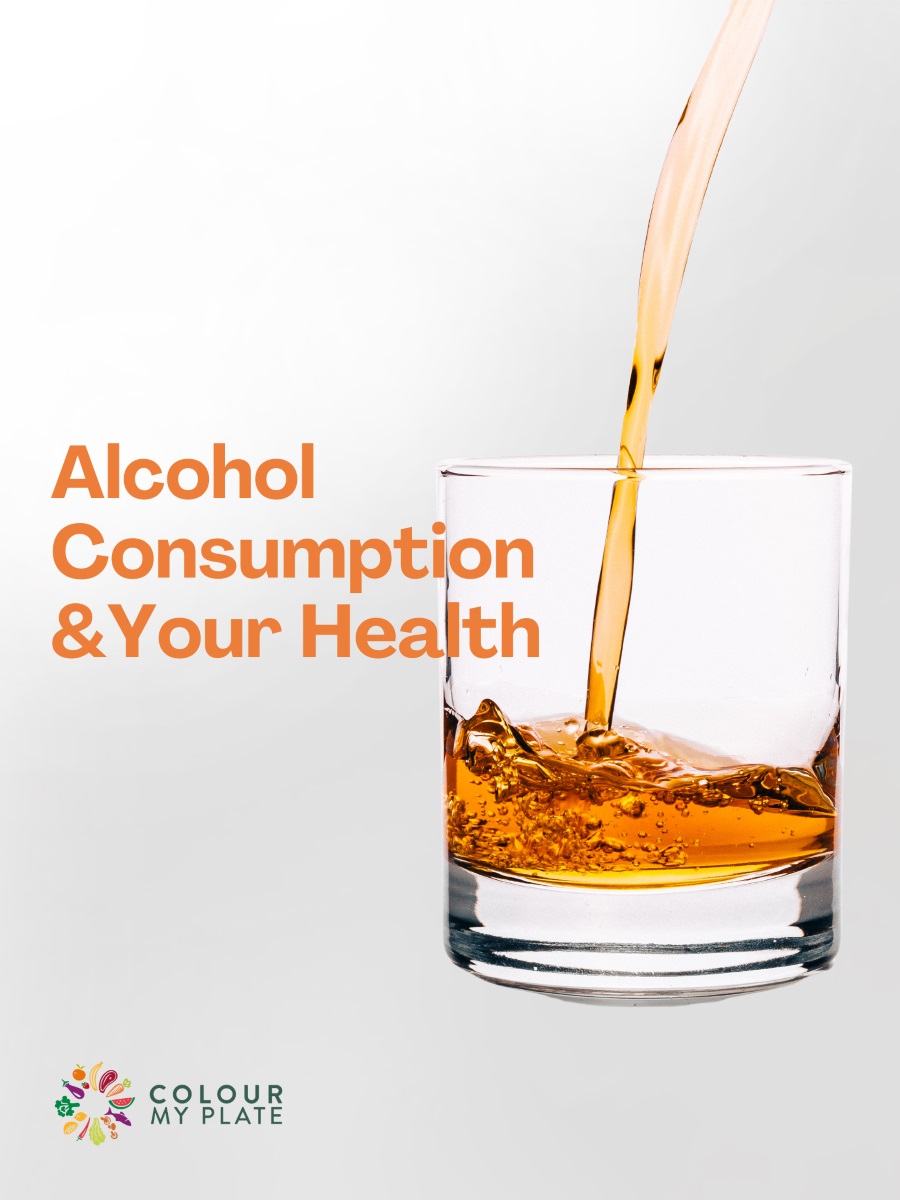
![]() 2 Oct 2024
2 Oct 2024
Have you ever stopped to think about how a glass of wine or a cocktail at a party impacts your health? Alcohol is a common feature at social gatherings and celebrations, but understanding the effects of alcohol consumption on nutritional status and weight management is crucial for making healthier choices.
Alcohol contains 7 calories per gram, but these are often considered empty calories because they lack essential nutrients. Alcohol consumption can disrupt the absorption of important vitamins, like Vitamin B1, Vitamin B12, folic acid, and zinc, potentially causing deficiencies and harming overall health.
Additionally, alcohol acts as a diuretic, increasing urine production and fluid loss, which can lead to dehydration and electrolyte imbalances. This loss can affect crucial electrolytes like sodium and potassium.
Excessive alcohol consumption can also harm the liver, vital for processing nutrients, and over time, it may lead to liver failure.
Most alcoholic beverages are high in calories, and their intake can add up quickly, especially when mixed with sugary ingredients. The body prioritizes metabolizing alcohol over other nutrients, which can reduce fat metabolism and lead to excess glucose and fat storage, ultimately resulting in weight gain.
Another significant factor is that alcohol consumption often lowers appetite inhibitions, leading to poor food choices and overeating.
Fortunately, there are many delicious non-alcoholic alternatives that can be enjoyed on various occasions:
Alcohol consumption not only affects weight but also has significant impacts on nutritional status and health. By replacing alcoholic beverages with nutritious alternatives, you can support better wellbeing and maintain weight control. Reflect on your habits—making informed choices can help you enjoy social moments without compromising your health.

We noticed you haven't completed your delivery details.

Your message is sent